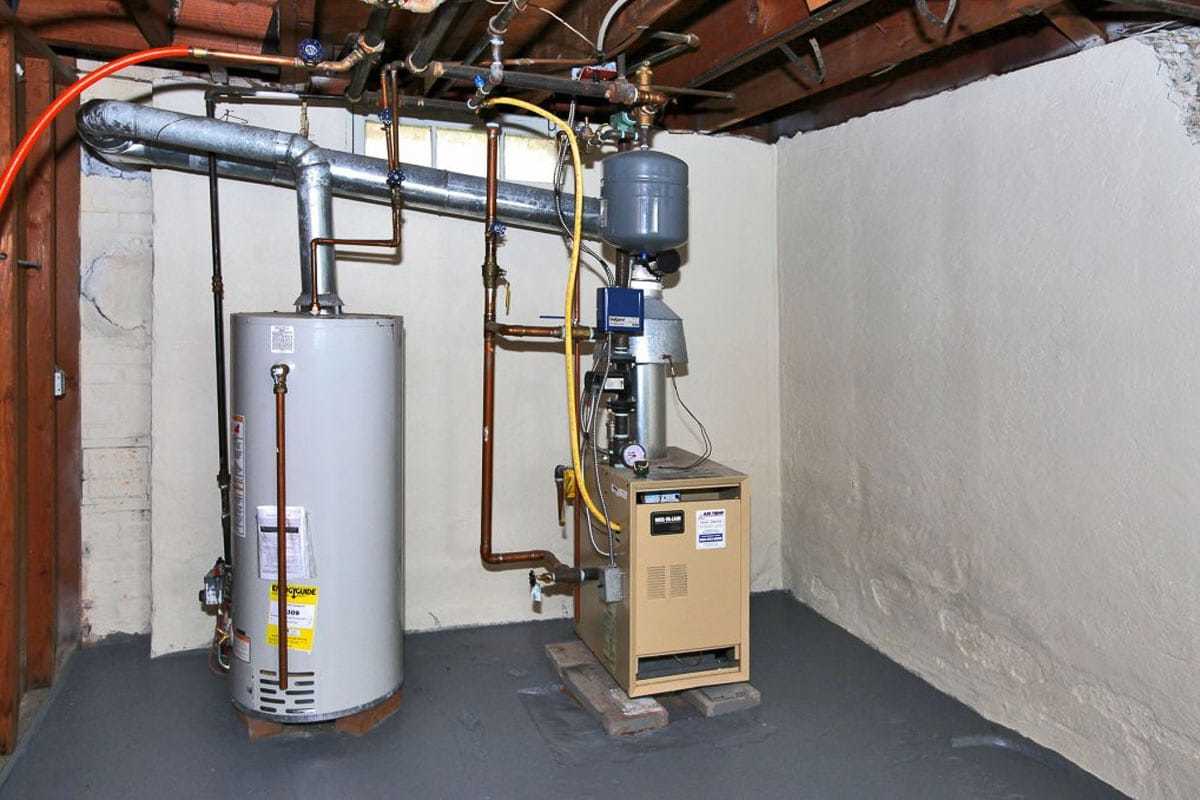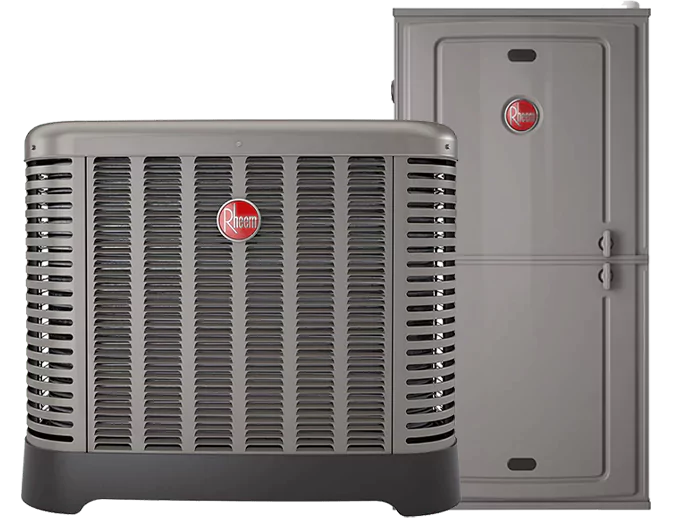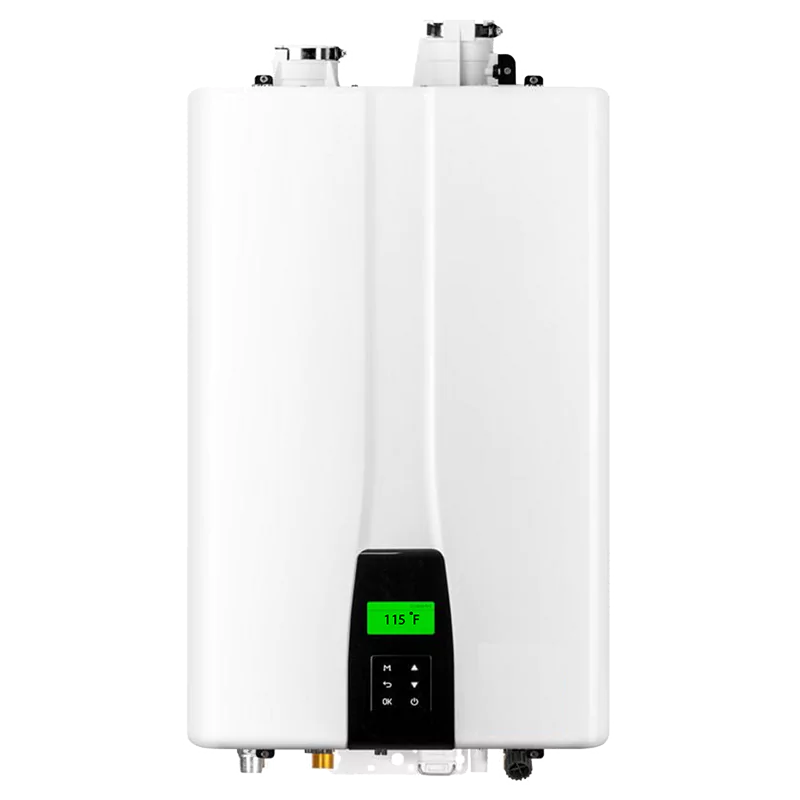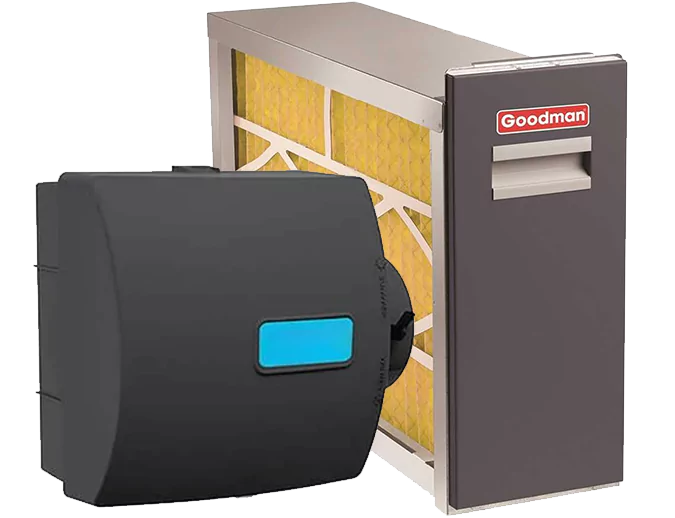OK, let’s be honest: No homeowner loves making calls to home service companies. If you’re on the phone with an HVAC guy, for example, there’s a good chance it’s because something’s not working the way it should (or at all)… which means you have to “deal with” getting it fixed. And by “deal with,” we mean spend time and money you’d much rather invest in a kerpillion other ways.
None of that is any fun, but there’s one more way home service repairs can be made particularly unpleasant: When you don’t really understand the equipment that’s malfunctioning, let alone have the foggiest idea of what it’ll take to repair it. That means when you finally gather up the energy/courage to call someone, you wind up feeling frustrated (and maybe even a little embarrassed) because you can’t easily explain what’s happening:
“You know how that one gray box that’s supposed to do that one thing? Well, instead it’s making this weird noise—it kinda goes ‘ding thunk a chunk’— and I need someone to fix it.”
Worst of all, when you’re not sure how to describe your problem, it’s easy to worry that the person on the other end of the phone will take advantage of your naïveté. No one likes to feel like they’re getting ripped off.
So, with that in mind, let’s do a little HVAC 101! And since the weather’s finally cooling off (#blessed), let’s talk big-picture about the differences among three major appliances: water heaters, boilers, and furnaces.
Water Heaters vs. Boilers vs. Furnaces
On occasion, we have homeowners call us for help with their water heater, because, well it includes the word heater. But here’s what you need to know: HVAC companies install and service appliances designed to cool and heat your home. Water heaters are actually part of your plumbing system, not your HVAC system, because their purpose begins and ends with the temperature of the water supplying your faucets, showers, dishwasher, and washing machine.
Now here’s where it gets slightly tricky. Boilers also heat water, but in addition to giving you hot water for all the purposes above, they provide warmth by circulating the hot water through your home using a series of pipes and baseboard radiators. (Some boilers convert the hot water to steam and use steam radiators instead, which isn’t quite as efficient.) Because boilers are designed to provide heat (not just hot water), they fall into the HVAC category.
Furnaces also have the job of heating your home, but they don’t use water at all. Instead, furnaces heat the air itself and then push the warmed air throughout your home using a series of ducts.
Now, many people use the words boiler and furnace interchangeably, which can get you in a bit of trouble when you call for a repair. If you say your furnace quit on you, but you actually have a boiler (or vice versa), we may send the wrong tech with the wrong tools. It may be helpful to remember that if you have radiators, you have a boiler. If you have ductwork, you have a furnace.
To see more about how each of these systems operates, including diagrams of what radiators look like, check out this helpful infographic from energy.gov.
Which is Better: Boilers or Furnaces?
As with most things in life, there’s really no “better” when it comes to boilers and furnaces: There’s just “different.”
Boilers tend to require less maintenance and produce heat more efficiently, and they don’t push dust and allergens throughout your home like furnaces do. However, they’re more expensive to install, take longer to heat up a room, and can freeze in extremely cold conditions—which is, of course, the exact opposite of what you’re looking for in a heater.
Furnaces, on the other hand, are less expensive than boilers, won’t freeze in the winter, can’t leak like boilers can, and don’t create humidity problems. On the other hand, they require more frequent maintenance, including filter changes, they’re noisier and typically have a shorter life span than boilers.
Have Peace of Mind with a Furnace or Boiler Check-Up
Regardless of which system you have, it requires at least yearly cleaning and other preventive maintenance to ensure it’s running safely and efficiently. We’re proud to be the most trusted HVAC company in Calgary, and we’d be honored to help you protect your home investment and keep your family warm and comfy this winter. Give us a call today!





